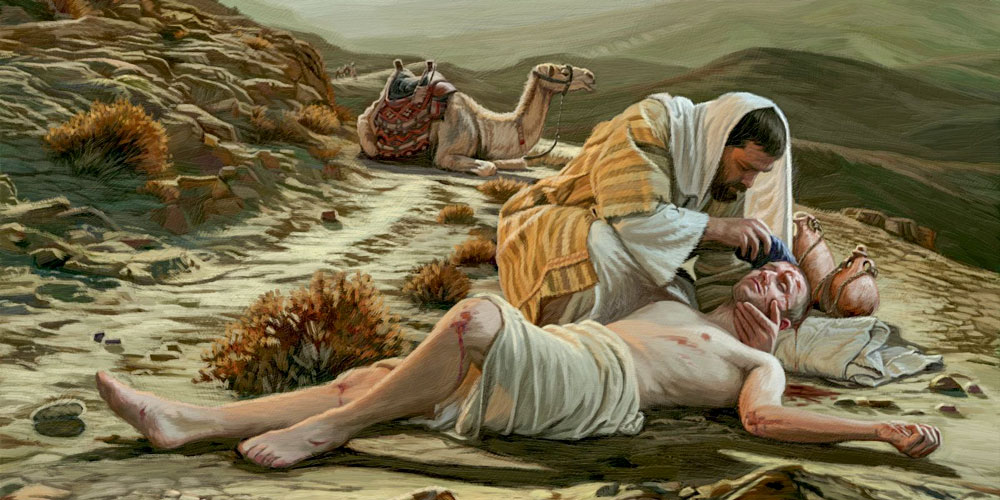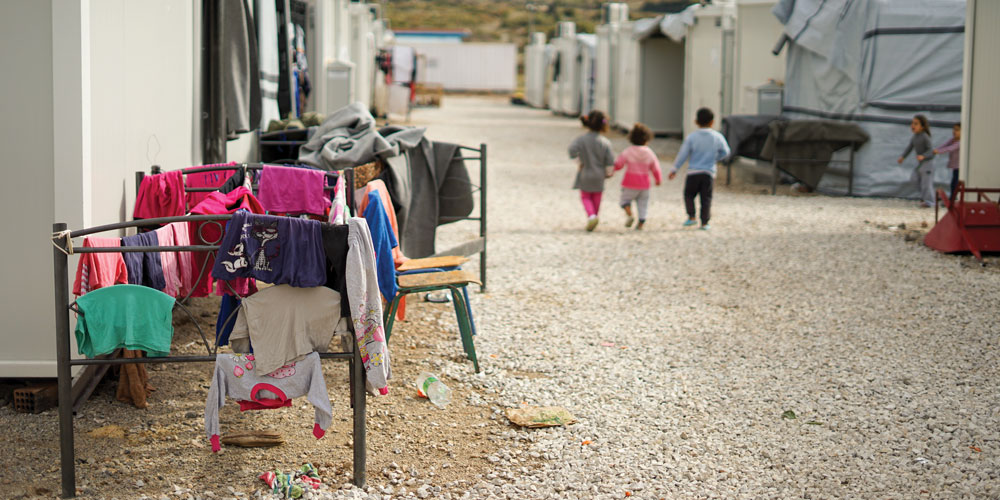In his latest encyclical Fratelli Tutti- On Fraternity and Social Friendship, Pope Francis invites us to dream "as a single human family, as fellow travellers sharing the same flesh, as children of the same earth which is our common home, each of us bringing the richness of his or her beliefs and convictions, each of us with his or her own voice, brothers and sisters all."
It has been said that reality is interwoven with a dream, that of unity, and we just have to have the courage to free it. This is the right time to make it together, we cannot wait for ‘after’, it could be too late!
As consecrated educators, a living part of a wounded humanity, we can find in the encyclical, written while the covid-19 pandemic broke out in an unexpected way, the roots of the prophecy to build with young people, and for them, spaces where they can be protagonists and architects of a universal fraternity, mirror of the plan of God who dreams a fraternal and supportive humanity for us.
It is a letter that flows from the heart of a father who wishes to speak to everyone, men and women who populate the earth, and does so with the clarity, courage and determination typical of his style as a Shepherd who seeks the good of those entrusted to him. It reaches everyone in an inclusive way and invites us to "a love that transcends the barriers of geography and distance".
It invokes an open fraternity that recognizes the same human dignity for all with which it is possible to dream and build a new humanity, where there is welcome, mutual respect, care for the common home, solidarity, work, peace. When I approached the encyclical, a feeling of gratitude was born in me first of all to Pope Francis for this important and precious document, for the concreteness and keen ability to read the signs of the times in the light of the Gospel.
I confide to you that there are many reflections that I carry in my heart and that I would like to share with you. I dwell, in particular, on the figure of the Good Samaritan who is presented to us in the second chapter and is the key to reading the whole encyclical. It is a parable told by Jesus two thousand years ago, but it is of great relevance and challenges men and women of all times.
 Pope Francis teaches us that there are parts of the wounded man and the Good Samaritan who comes to aid him in all of us.
Pope Francis teaches us that there are parts of the wounded man and the Good Samaritan who comes to aid him in all of us.
How many wounded populate the world today, the realities where we work, sometimes even our own communities. Wounded brothers and sisters who lie on the ‘road’ abandoned and voiceless in order to ask for help. There are physical, moral, and spiritual wounds that ask to be healed with the same heart as the Good Samaritan. Even today it can happen that “the sight of a person who is suffering disturbs us. It makes us uneasy, since we have no time to waste on other people’s problems. These are symptoms of an unhealthy society. A society that seeks prosperity but turns its back on suffering.”
In order not to fall into this sin, Pope Francis points out to us the model of the Good Samaritan who with his gestures of great humanity shows us how our life is linked to that of others. We all have something of the wounded man in us, something of the person that goes beyond and also something of the Good Samaritan.
In our daily choices, in the small or big situations that weave our days, we do not want to be people who turn away and hurry up without stopping, but women and men inhabited by the Gospel, aware that no one must remain on the ‘margins of life’ because we are all brothers and sisters. Pope Francis, in his reflections entitled ‘Let's go back to dreaming: The road to a better future’, says that if we want to leave the crisis less selfishly than we entered it, we need to let ourselves be touched by the suffering of others. In every crisis, like the one that the whole world is suffering, there is always a way out, provided that the principle of individualism is replaced with the strength of tenderness and solidarity, like beneficial water which overflows from the mercy of God and is capable of transforming suffering into hope.
It is not an easy undertaking, but together we can help each other to mature a universal dimension of love that is open to all, overcoming prejudices, historical or cultural barriers, and courageously deciding to embrace those who are ‘wounded’ with a supportive heart and give life to more human times, tailored to the person created in the image of God.
Becoming neighbour in the style of the Good Samaritan is possible on the condition that we start from above, from the recognition of the fatherhood of God, in the conviction that without an openness to the Father of all, there will be no solid and stable reasons for an appeal to fraternity. We are certain that ‘only with this awareness that we are not orphans, but children, can we live in peace with one another’.
Perhaps we should reflect more on this reality and ask ourselves if we are willing to ‘kneel’ to touch and heal the wounds of others; if we are ready to carry those who suffer on our shoulders! It is a challenge that can scare us and arouse fear in the awareness of the weight of our frailties and inadequacies. Courage comes to us only from Jesus who trusts in the best of the human spirit. Presenting us with this parable, He encourages each of us and our communities to persevere in love, to restore dignity to the suffering, and to build a society worthy of the name.

This story originally appeared in the Spring Edition of the Salesian Bulletin, available here today!

